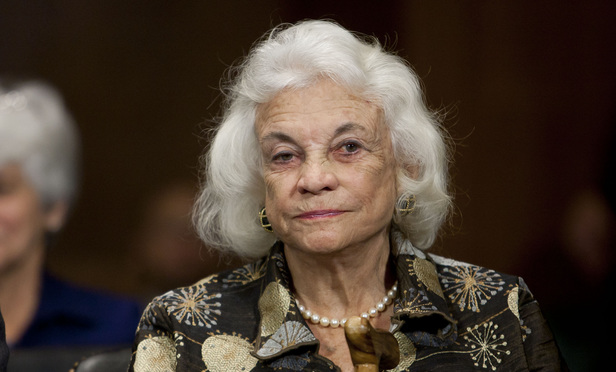Nationwide protests over the killing of black men by police officers rightly focus on racial disparities in all phases of criminal justice. But the role of race in noncriminal contexts as shaped by the U.S. Supreme Court is just as important.
The racial disparity that has widened between those serving on police forces compared with the communities they police can be traced to decisions of the court. In 1976 the Supreme Court rejected a challenge to the racial segregation of the District of Columbia police force in Washington v. Davis. Unsuccessful black applicants for police officer positions sued, contending the required test was racially discriminatory and irrelevant.
This content has been archived. It is available through our partners, LexisNexis® and Bloomberg Law.
To view this content, please continue to their sites.
Not a Lexis Subscriber?
Subscribe Now
Not a Bloomberg Law Subscriber?
Subscribe Now
LexisNexis® and Bloomberg Law are third party online distributors of the broad collection of current and archived versions of ALM's legal news publications. LexisNexis® and Bloomberg Law customers are able to access and use ALM's content, including content from the National Law Journal, The American Lawyer, Legaltech News, The New York Law Journal, and Corporate Counsel, as well as other sources of legal information.
For questions call 1-877-256-2472 or contact us at [email protected]






